Holiday Gift Ideas for Sewers — Sergers and Books They’ll Love
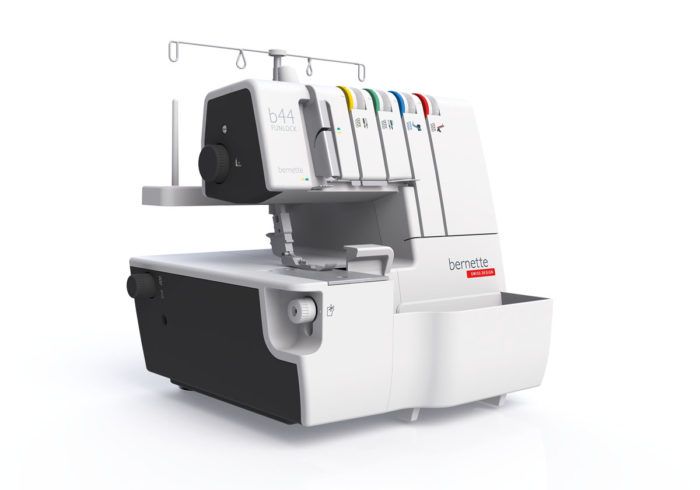
Discover more inspiring and practical tools to prepare you or a loved one for a new year of sewing. See the extensive “Sewing Gifts for the 2020 Holidays” and peruse the additional entries of sergers and books below.
Sergers
If you’re in the market for an entry-level serger that delivers professional finishes, take a look at these two models from top sewing machine brands. For more options, see the three sergers reviewed in the gift guide, Threads #212, p. 72. Do a little research on your own to find discount promotions on these already attractively priced sergers.
Bernette Funlock 44 Serger
This 2/3/4-thread overlocker is an affordable choice for those who are looking for a full-featured serger from a manufacturer known for reliability and top-notch engineering. The Funlock 44 includes differential feed, adjustable stitch width from 3.0 mm to 7.0 mm, a bright LED light, a color-coded threading path, a soft cover, and a trim bin to collect the fabric that’s cut off during overlocking. You can sew narrow rolled hems with a simple machine adjustment.
Bernette.com; MSRP $669.00
Husqvarna Viking H|Class 250S
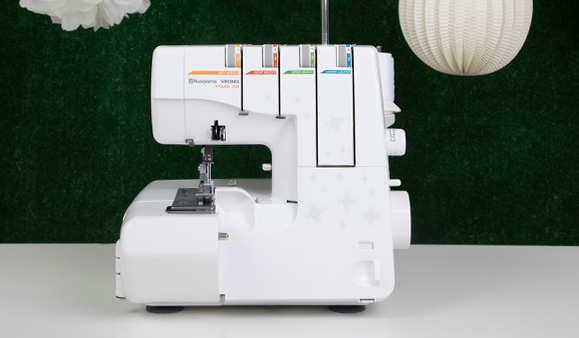
Get beautiful results with Husqvarna Viking’s 2/3/4-thread serger. It offers easy threading, differential feed, and the potential for 12 different stitch functions that can be used for seaming, finishing allowances, or embellishment. The serger’s automatic thread tension release enables you to pull the threads easily after stitching to remove your project from the machine. Accessories can be stored inside the front cover, and a bin collects scraps as you serge.
HusqvarnaViking.com; MSRP $599.00
Books
These four books provide plenty of inspiration and how-tos for helping artists and sewing enthusiasts—whether skilled or beginner—realize their creative dreams. See details about three more books in the gift guide, Threads #212, p. 73.
Back to nature for color
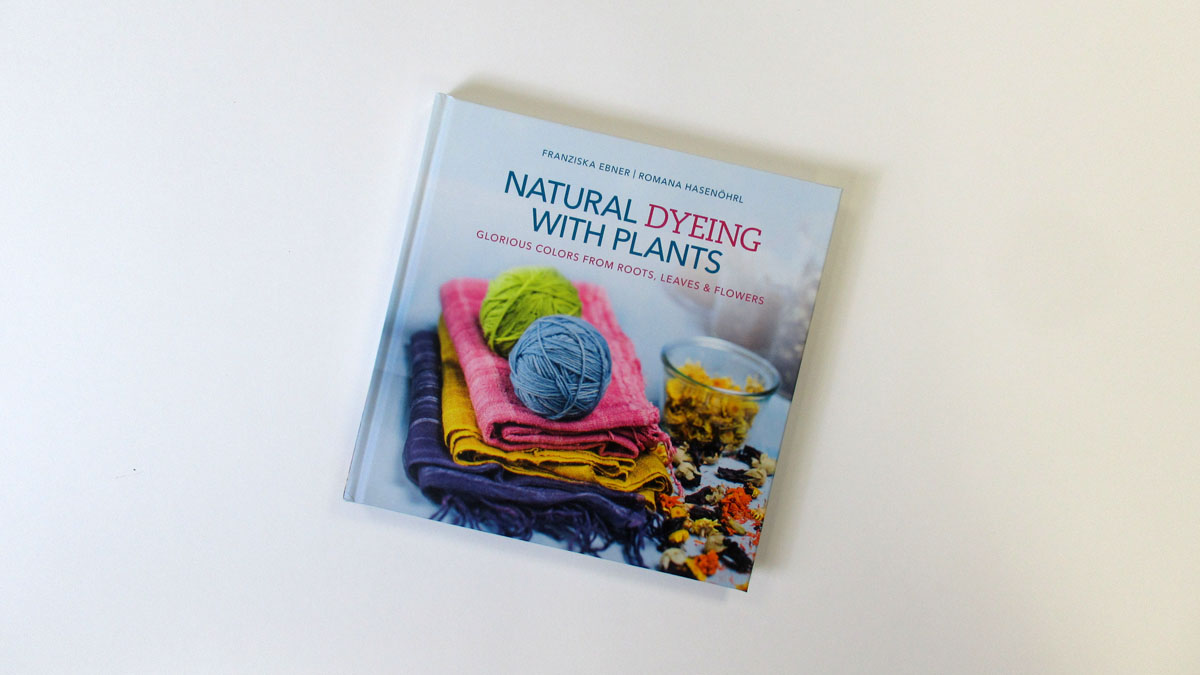
A fascination with fibers and fabrics connects with garment creation for many sewing enthusiasts. It’s only natural that sewers would want to learn more about controlling and enhancing the textiles they work with. Natural Dyeing with Plants: Glorious Colors from Roots, Leaves & Flowers, by Franziska Ebner and Romana Hasenöhrl, takes a historic and practical look at finding colors for fabric and yarn in flowers, leaves, bark, and seeds. Although, as the authors explain, modern clothing manufacturing and fabric production has left the processes of plant-based dyeing behind, it can be fascinating and ecologically conscious to learn the techniques. More than 40 dyeing agents such as yarrow, wisteria, and marigold are covered in the 152-page book, with each section opening with photographs of dyed silk or wool samples.
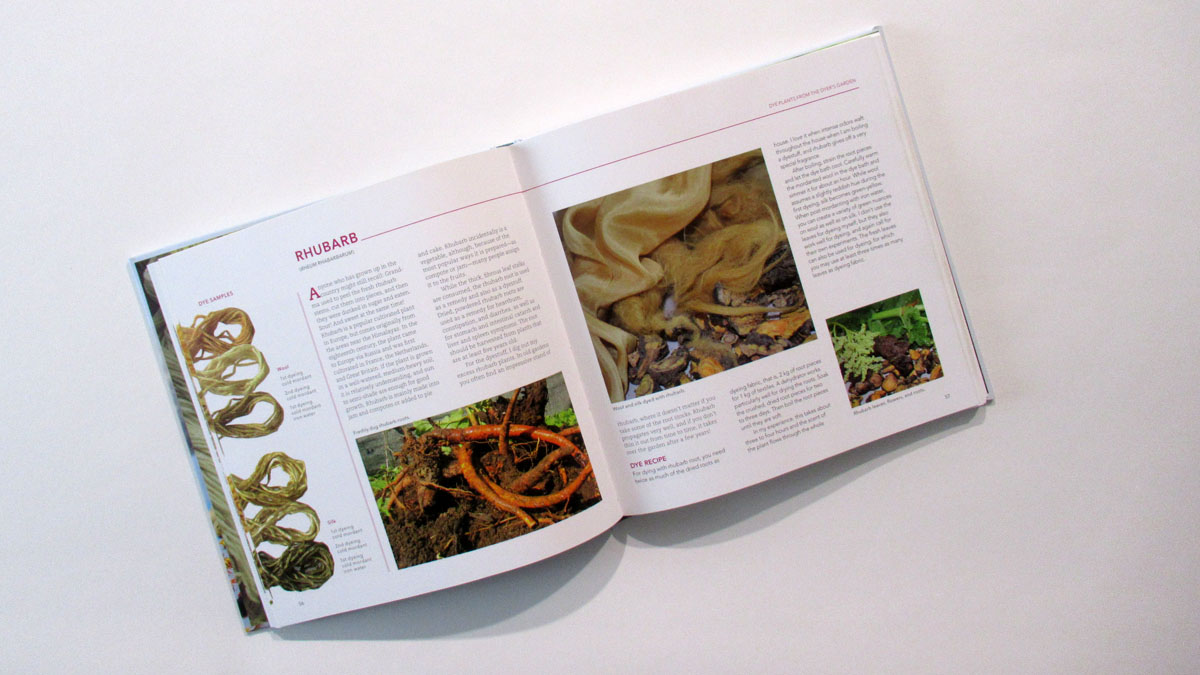
Displayed at the left edge of the pages, these sample photographs are a handy feature as you flip through, looking for a desired color result. The closing chapters cover alternative dyeing methods, such as eco-printing and solar dyeing, as well as project ideas for dyed materials. This is a fun read and an excellent guide for anyone looking to experiment with naturally derived hues.
Schiffer Publishing, Ltd., 2018; $26.99
Mending celebrated
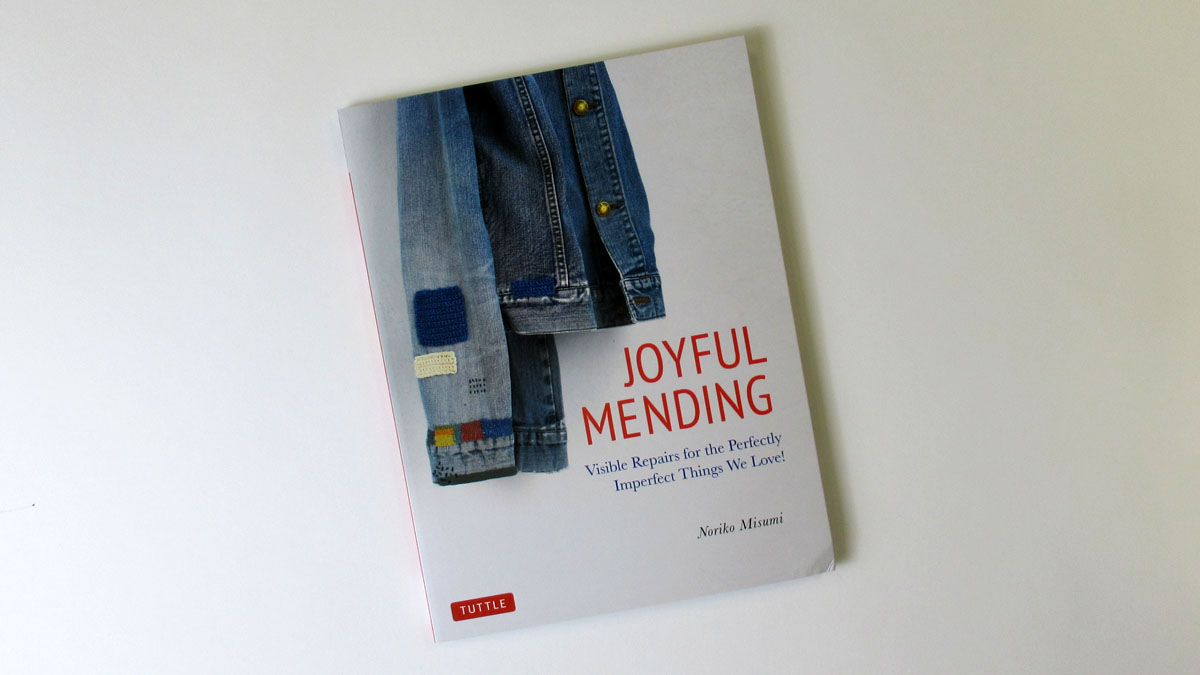
In a world with too much disposable clothing, mending has become a sign of love and appreciation for the garments that bear it. If it was worth repairing, why not let the world see and know about the repair? That is the approach taken by author Noriko Misumi in Joyful Mending: Visible Repairs for the Perfectly Imperfect Things We Love. Noriko’s repairs are loving little embellishments, cheerful patches, and embroideries. The book has a whimsical artistic approach as well, with technique photographs interspersed with tiny cartoon-like illustrations that add information or jokes. Experienced sewers may already know most of the darning, stitching, and patching methods explained in the 88-page book. The delightful aesthetic of the repairs is inspiring for the any sewer, however.
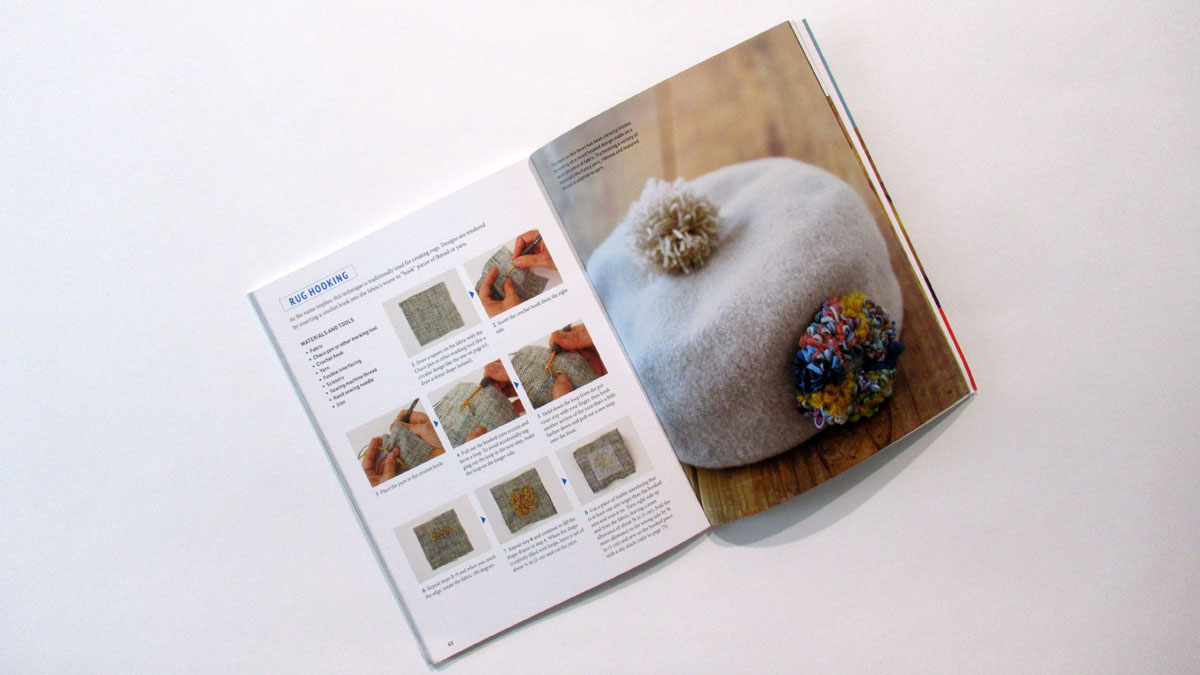
Pick up a copy for yourself or for anyone you know who needs to find some enjoyment and creativity in mending.
Tuttle Publishing, English translation 2020; $14.66
Five basic garment patterns for all
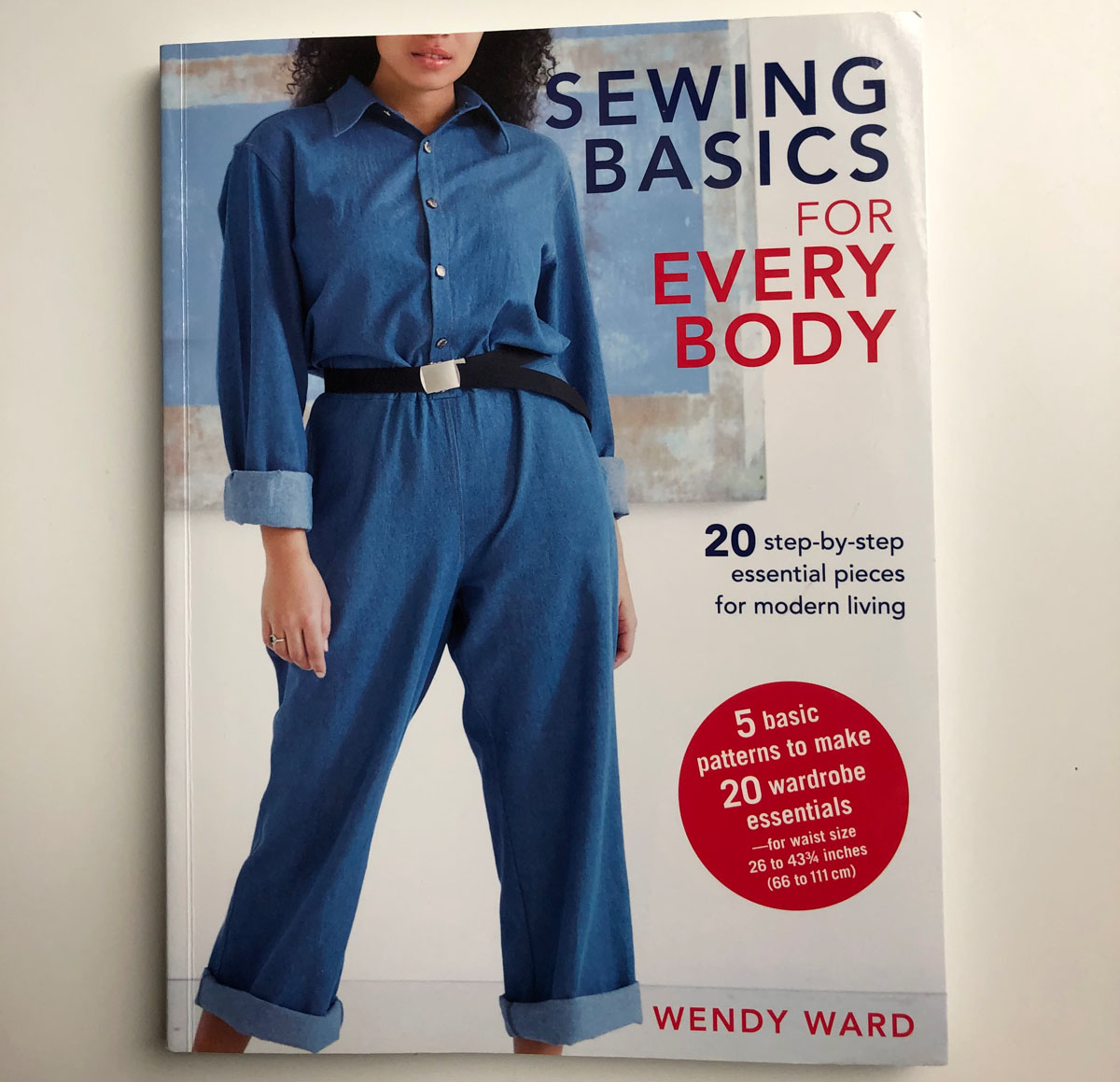
The glossy pages of Sewing Basics for Every Body by Wendy Ward provide inspirational images of the five featured garments worn by men and women. Also amply illustrated, the pattern-and-instruction book is designed to supply the patterns and step-by-step instructions “to make 20 wardrobe essentials.” It’s an ideal book for beginners, but more experienced sewers may like it, too. Two main sections and a pullout inside the back cover make finding information easy. The first section is 30 pages of essential sewing techniques, which are applied to the garment-sewing projects that follow. The second half, meanwhile, supplies instructions for constructing the five unisex garment types: a sweatshirt, pants with elasticized waist, button-front shirt, jumpsuit, and coat. Color-coded garment patterns are printed on three large pattern sheets in multiple sizes and enclosed in a cellophane-wrapped pullout. When making a garment, you will first need to choose a size and trace the pattern on separate paper. Sizing, taking measurements, and fitting are all explained. But note, these are loose-fitting garments.
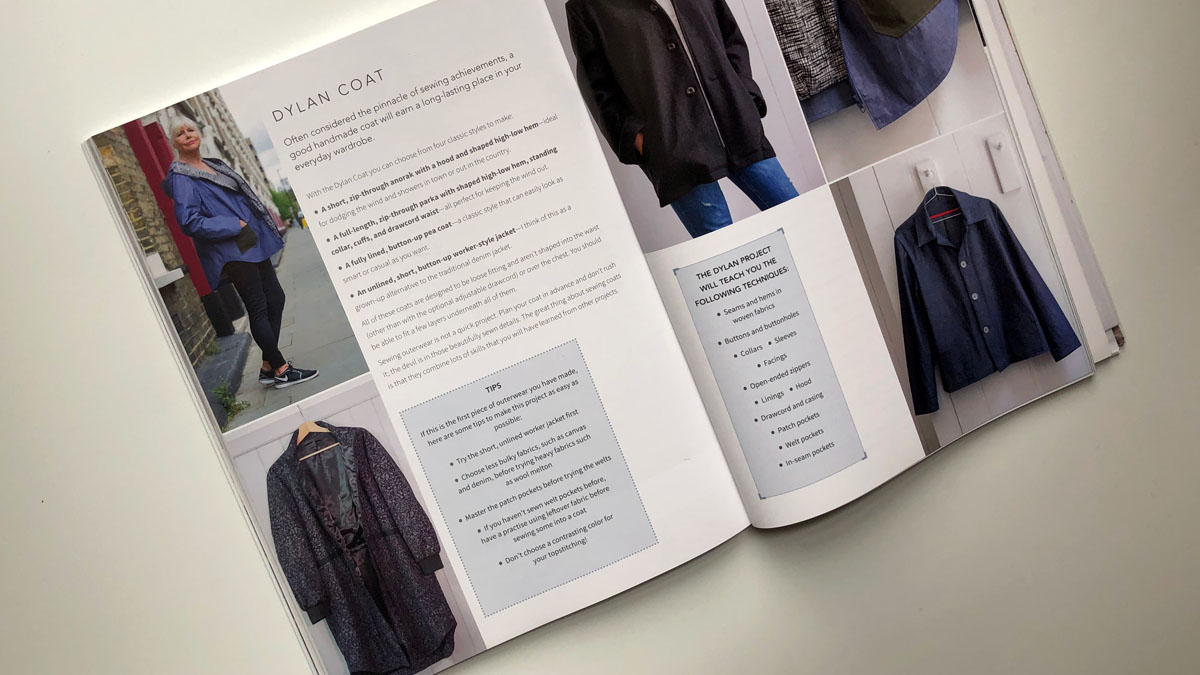
Each project’s instructions include styling alternatives. The coat, for example, has options for a lining, a hood, different pockets, zip or button front, and different lengths. Instructions also mention suitable fabrics and list which sewing techniques you’ll be applying from the book’s first section.
Cico Books, 2020; $19.95
Fashion illustration for budding designers
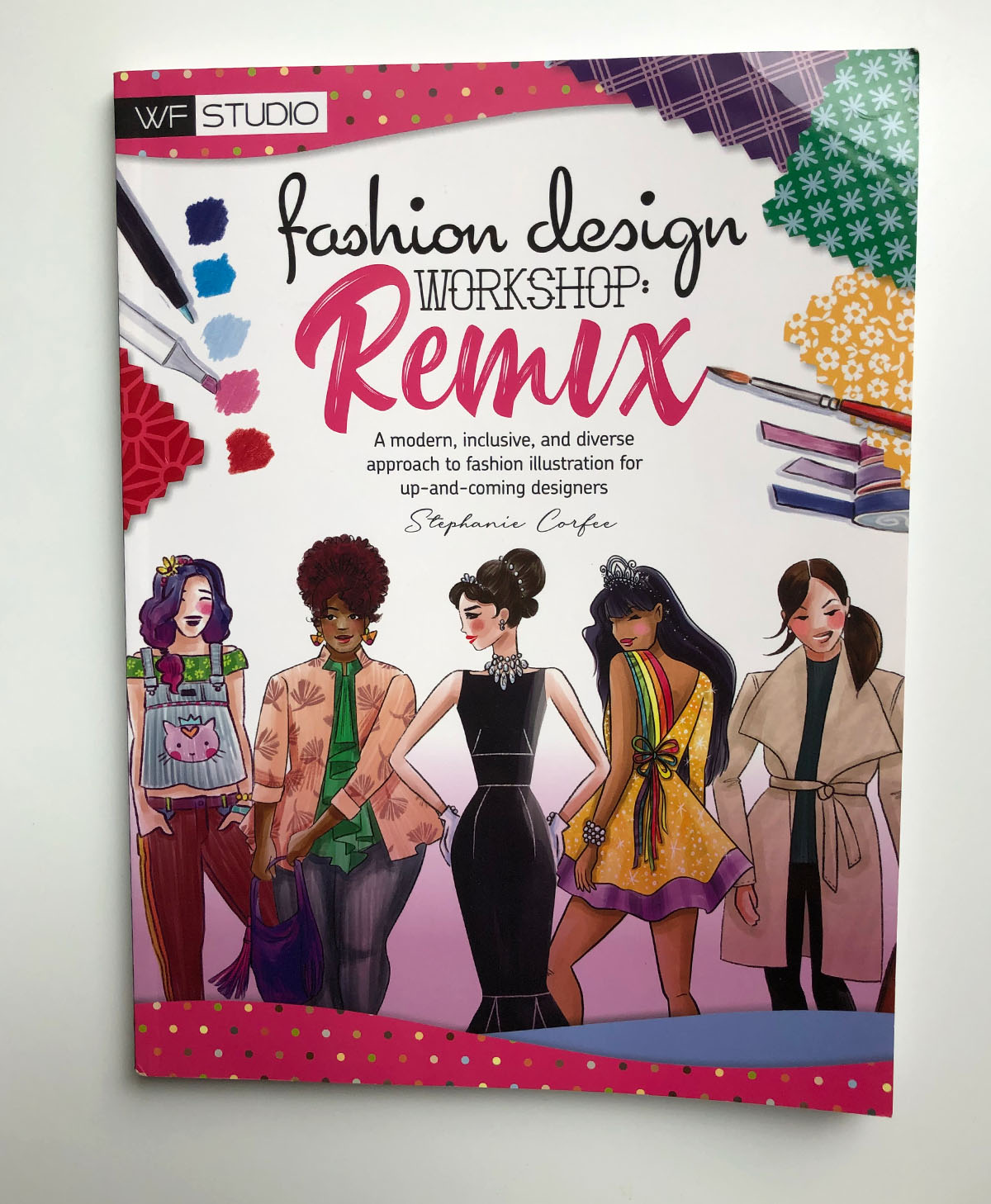
Fashion Design Workshop: Remix by Stephanie Corfee is a colorful, engaging book for those interested in fashion design and figure illustration. This follow-up to Fashion Design Workshop (Walter Foster Publishing 2011), includes similar content of inspiration, basic drawing techniques with a variety of art tools, and even a quiz to figure out your style. But in this book, the author also addresses the fashion-for-all concept by providing templates of nine body types, including one in a wheelchair. There’s also a page on adaptive apparel. Three chapters are devoted to steps for sketching specific styles: Iconic Designs, Everyday Fashions, and Special Occasions.
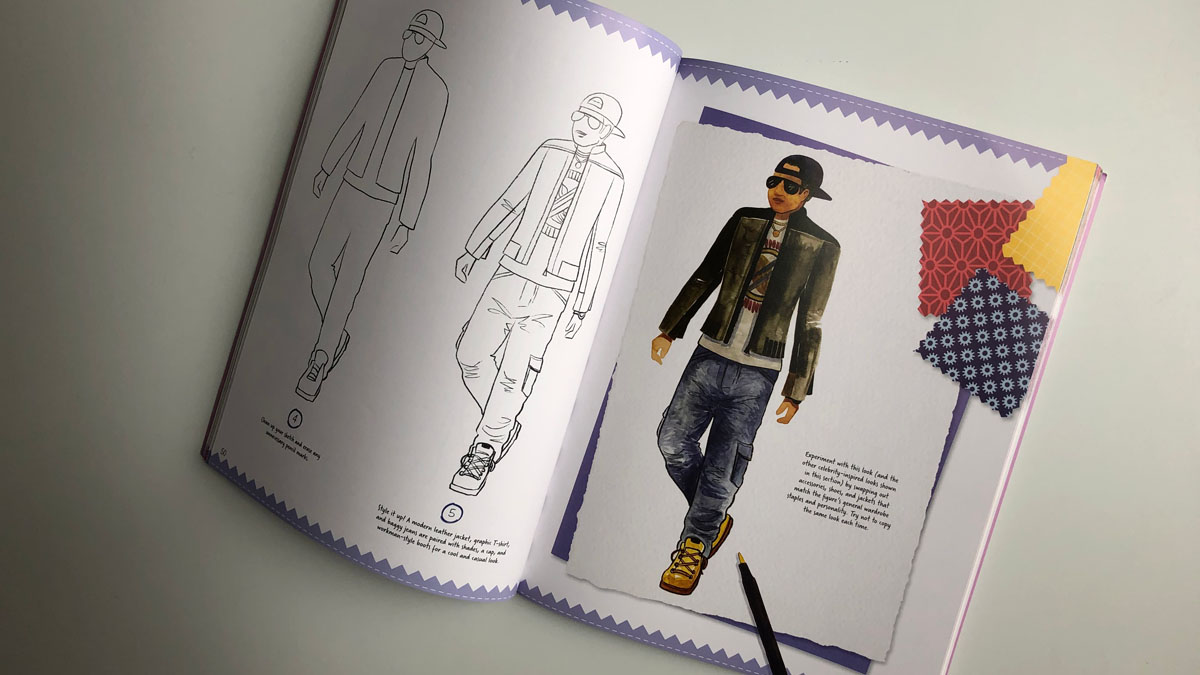
Cute renderings, helpful tips, and encouraging words throughout the 128-page book will make nearly any tentative fashion designer or illustrator want to experiment and further explore their interest.
Walter Foster Publishing, 2020; $18.99



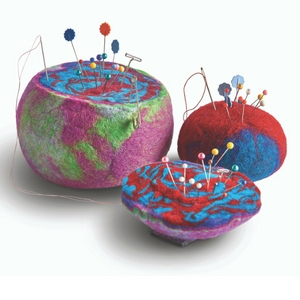
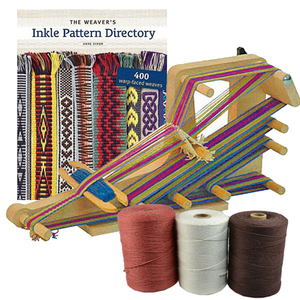
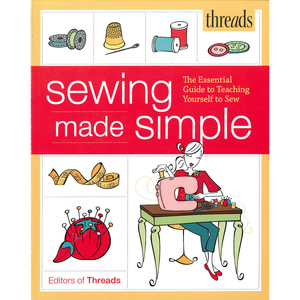
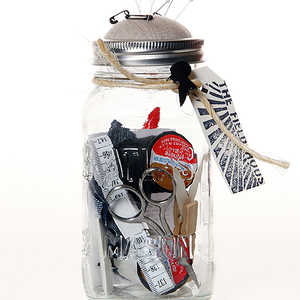


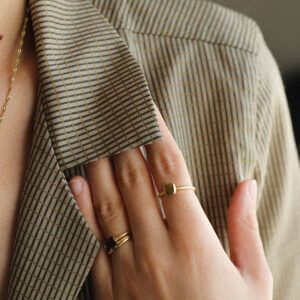
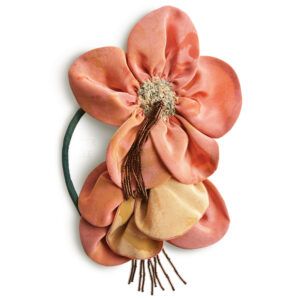
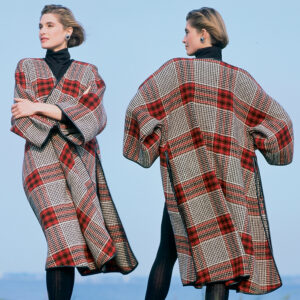
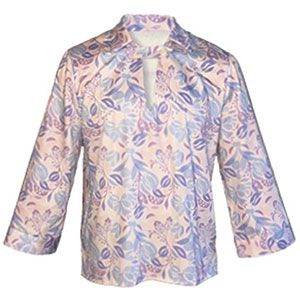
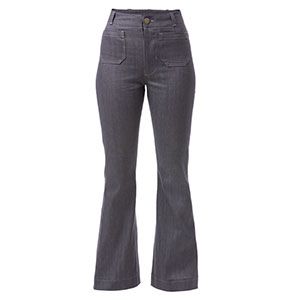
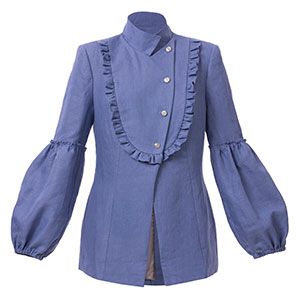
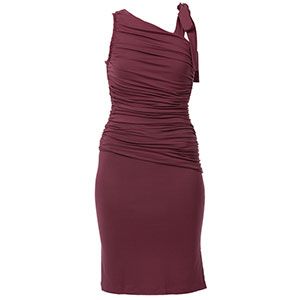
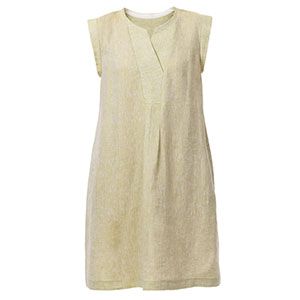
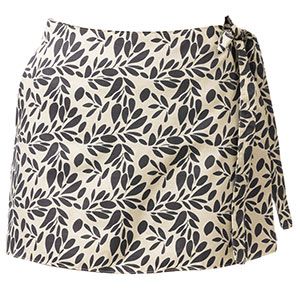
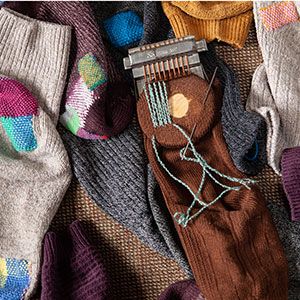
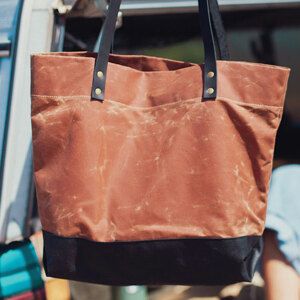
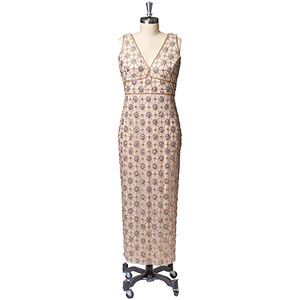
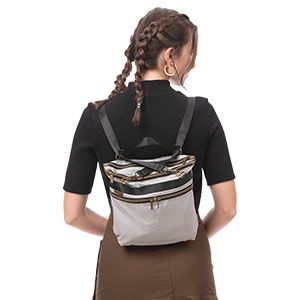
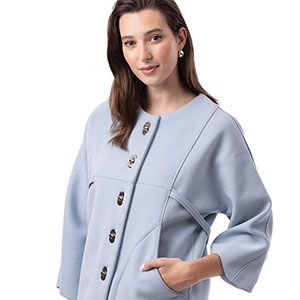
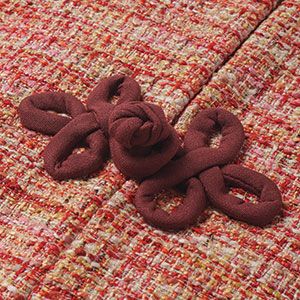
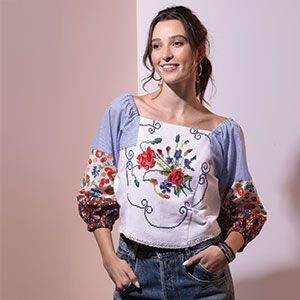

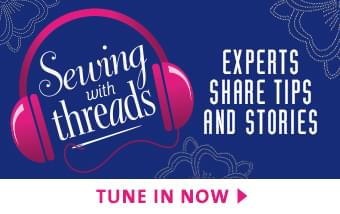

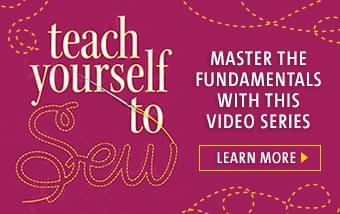



Log in or create an account to post a comment.
Sign up Log in